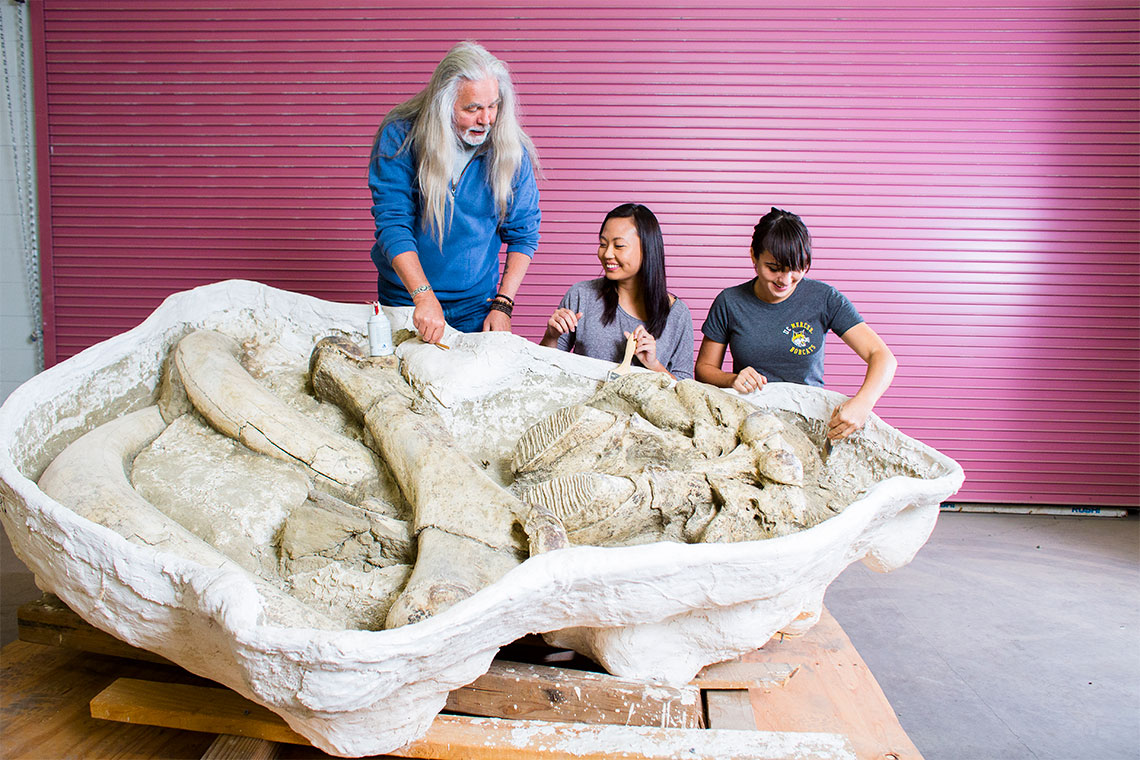
The field of anthropology is an exciting path to pursue for those curious about the groundwork that makes up the human experience. You will gain valuable insight into the foundations and diversity of lifestyles while you explore subject matter that delves into the thoughts and actions which have brought us into our present day mold. The following three subfields are the focal points of study in the Anthropology program at UC Merced:
As an anthropology major you will take a comprehensive approach to learning about the human condition throughout different regions and time. The knowledge gained from these studies about people and culture provide us with wisdom to recognize shared values and opportunities that existed in the past and have prevailed well into our present. The holistic approach taken to study human behavior from the lense of anthropology will provide graduates with skills that are marketable in a variety of ways.
The traditional paths are what first come to mind for anthropology majors. For example, the archeologist in a remote village studying the remains of a freshly excavated temple, the college professor hunkered down in a lab studying old documents, or the museum curator giving a tour to patrons in the Mesoamerican wing of the building. While these are all exciting career paths, the opportunities for anthropo logy majors are vast and extend well beyond what’s typically depicted within popular culture.
Below are some examples of fields to pursue with a degree in anthropology:
When anthropologists go into the field, they often take up careers which expand our understanding of our collective past, present, and future. Professionally, these opportunities have the effect of increasing global connectivity and enhancing our ability to self-reflect on our current society – where we’ve been, where we are, and where we can go. For individuals driven to improve the world at large, careers in anthropology ultimately have much to offer.
The doors are open to careers in medicine, education, business, law, government, advertising and non-profits for those who receive their undergraduate degree in anthropology from the School of Social Sciences, Humanities and Arts. Employers within these fields are attracted to candidates who possess skills in analysis and critical thinking, particularly as they relate to understanding and forming strategies that account for human behavior. The undergraduate degree provides you with the resources and knowledge to pursue higher education into one of the subfields of anthropology, whether that be archeology, biological, or sociocultural.